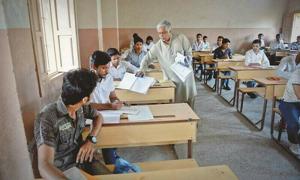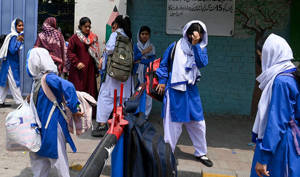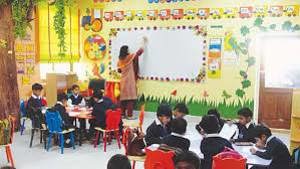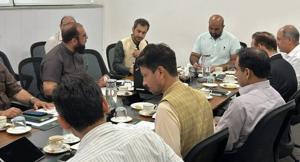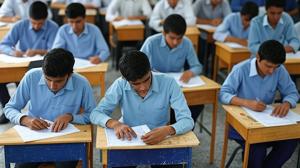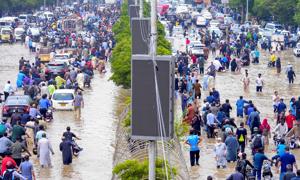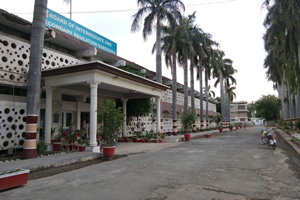
The Punjab government has taken a significant step toward enhancing the province’s educational infrastructure by allocating Rs. 250 million for the construction of new classrooms. This funding will directly benefit 1,139 public schools and is aimed at strengthening the foundation of Early Childhood Education (ECE). The initiative addresses the critical need for better learning spaces and updated classroom resources in Punjab’s public education system.
Background of the Initiative
In recent years, the Punjab government has actively invested in revamping school infrastructure and promoting early education. The province previously established over 5,000 ECE classrooms, including a sizable number in major cities like Lahore. Despite these developments, many of these learning environments have fallen into disrepair due to aging furniture, outdated learning kits, and overcrowding. The current move comes as part of a broader effort to revitalize early learning and ensure that children in their formative years have access to safe, resource-rich classrooms.
Details of the Rs. 250 Million Allocation
The latest initiative will provide Rs. 250,000 per school to 1,139 government schools throughout Punjab. This budget is designated for purchasing classroom furniture, books, and educational kits essential for young learners.
Key highlights:
-
Total allocated budget: Rs. 250 million
-
Number of schools: 1,139
-
Funding per school: Rs. 250,000
-
Direct transfer of funds to school headmasters’ accounts
-
Completion deadline set by the Punjab Education Department
Each classroom constructed will adhere to the updated ECE standards, with a focus on creating child-friendly, engaging, and age-appropriate learning environments.
Impact on the Education System
This move is expected to significantly improve the quality of early childhood education across the province. With the addition of well-equipped classrooms, overcrowding in early grades will be reduced, and students will benefit from a more personalized learning experience. The availability of new books and learning kits will also help enhance cognitive development and classroom engagement at the earliest stages of education.
Government Statements and Administrative Oversight
Although formal statements from the Chief Minister and Education Minister are awaited, officials from the Punjab School Education Department have indicated that this decision aligns with the province’s strategic focus on foundational literacy and numeracy. By empowering school heads with financial autonomy, the government is promoting decentralized management and faster execution of development tasks.
Public & Stakeholder Response
Many school principals and education administrators have welcomed the announcement, particularly in light of a recent assessment that revealed over 80% of ECE kits are outdated or damaged. Teachers and parents alike have raised concerns over the condition of existing classroom materials, calling for urgent upgrades to ensure effective early learning outcomes. The new funding promises to address these concerns and improve satisfaction among stakeholders.
Challenges and Considerations
While the announcement is promising, the success of the project depends on timely execution, transparency, and proper utilization of funds. There is also a need for regular monitoring to ensure that the newly constructed classrooms meet safety and quality standards. Previous instances of unreported infrastructure damage and poor oversight highlight the importance of robust accountability mechanisms.
Related Government Education Projects
This project complements previous provincial programs such as the Punjab Taleem Program, which focused on boosting literacy rates and minimizing dropout ratios. The current investment in ECE classrooms signifies a shift in focus toward early-stage interventions, recognizing the long-term impact of a strong foundation in education.
Future Outlook
With this Rs. 250 million allocation, the Punjab government signals its commitment to modernizing its educational infrastructure. Future phases may include extending support to middle and secondary school levels and enhancing teacher training for ECE. Continuous funding and policy continuity will be crucial for sustaining these gains and moving toward the goals outlined in Punjab’s Vision 2030 for Education.

.gif)










.png)


